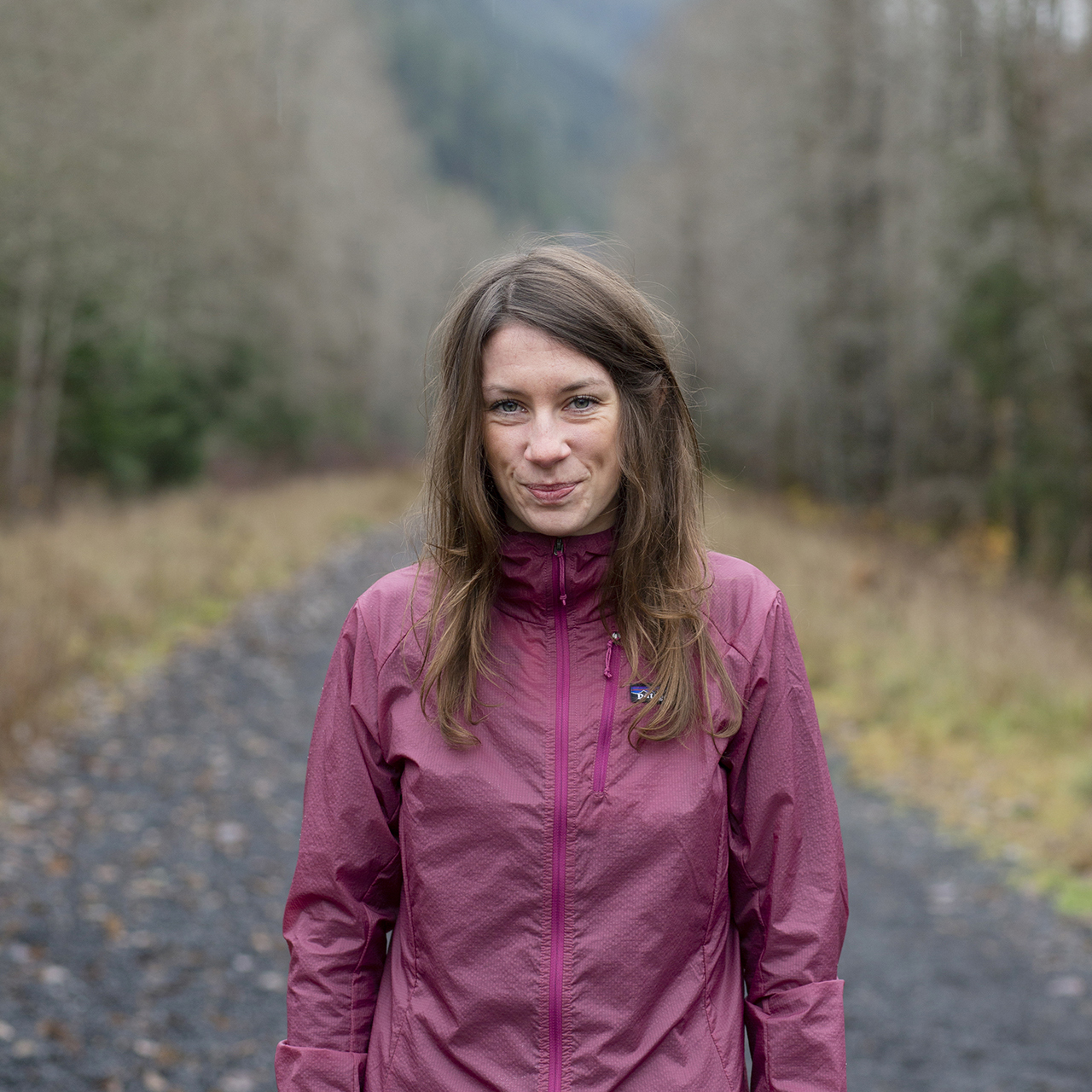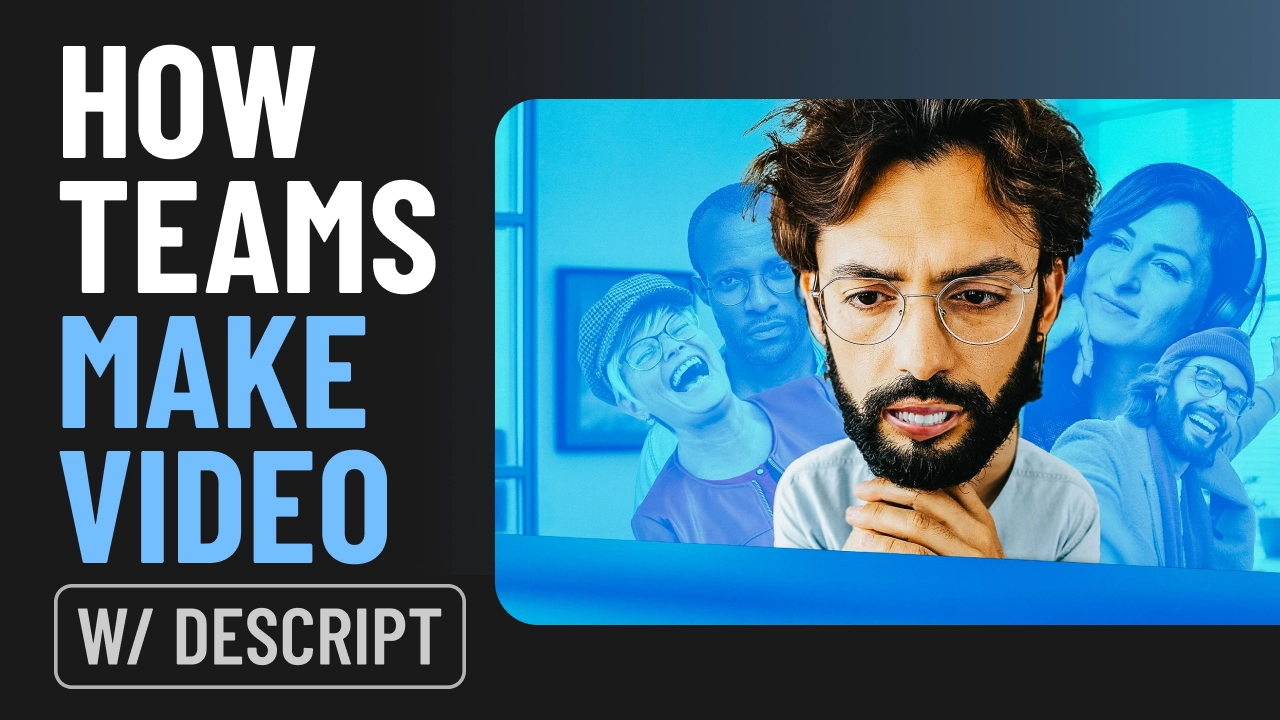Stories are in our DNA. From Native American oral histories to the hieroglyphs of ancient Egypt, storytelling is how learning and knowledge has been handed down from generation to generation.
As a filmmaker, if you can harness the power of story, you can create work that sticks with people long after it’s over.
The key is in understanding what a “story” is, where to find them, and what questions to ask yourself in the process.
“We are, as a species, addicted to story. Even when the body goes to sleep, the mind stays up all night, telling itself stories.” — Jonathan Gottschall, writer and scholar, The Storytelling Animal
Story vs. idea: What’s the difference?
Ask any editor or director, and they’ll tell you how frustrating it is that so many people pitch them ideas, not stories.
In the film and media industry, knowing the difference between film ideas and stories can be the difference between a green light and a red light—or a great film and an unfinished draft.
 |
Here’s an example:
An idea would be a film about:
- Love and separation during COVID-19
A story would be a film about:
- In the wake of the COVID-19 pandemic sweeping through Europe, Jordan, a dedicated junior doctor on assignment in Italy, made a steadfast decision to remain amidst the unfolding crisis. Meanwhile, their partner Jo opted to relocate back to New York to be with their teenage daughter. Through documentary video, FaceTime footage and intimate video diaries, this film explores the struggle and resilience of two lovers during an unprecedented global crisis.
The difference? A story involves characters, a plot, a location, and a plan. When you have these things, your scribbles on that piece of paper turn into an engaging narrative that speaks to an audience.
How do you find a story? Stories are everywhere
Finding a story may appear easier said than done. I hear you. The mistake is to think that exciting stories only happen in exciting places. The truth is that the best stories are on your doorstep. They’re somewhere that’s familiar to you, that you have a deep connection to or understanding of. It’s the story about your grandma’s ancient family recipe, or your neighbor’s ludicrous morning routine and what it says about society, or how your community came together to support someone in need.
“I’m writing my story so that others might see fragments of themselves.”
— Lena Waithe, screenwriter, Bones and Master of None
Is this a great story? Questions to ask yourself
So you think you’ve found a story but you’re not sure if it’s a great story.
Every great story will have solid answers to the following questions:
- What's the hook? The hook is what draws your readers into the story. It’s the bank robbery in The Dark Knight. It’s being inside the narrator's brain at the opening of Fight Club. It’s getting to know and love protagonist Carl Fredricksen in Up’s opening montage. It sets the tone and lets the audience know where they’re headed.
- Why me? Every storyteller brings their unique perspective and voice to their work. It’s important to understand why you are the right person to tell this particular story. If the answer is you’re not, then maybe you need to adjust the story or collaborate with someone who can help you take the story in the direction you envision.
- Why now? Timing is everything. Is this an evergreen story? If not, does it address the current political, socio-economic, or cultural landscape? If not, can you shape it so that it does?
- Who is my audience? If you have an answer to “why now,” this one should be easy. Tailor your story to meet the interests, aspirations, and emotions of your audience.
- Why should they care? Make sure your audience has a reason to care. A reason to laugh, empathize, get excited, get angry — whatever the purpose of your film, make sure your audience gets it.
“We want to see drama told in a cathartic way, with power, with emotion, where you empathize and then you’re frightened. All those feelings charge up in you and you feel for the story.”
– Danny Boyle, director, 127 Hours and Slumdog Millionaire
 |
AI can help
Whether you’re stuck on any of the questions above, or just hitting a big old brick wall, remember you can research your way up and over that wall.
Research can mean opening up a book. Visiting a place. Reading your favorite poem. It can mean anything, really. It can also mean just writing, without any self judgment and absolutely no looking back. Or, if you’re more of a blurt-it-out-loud kind of person, tap on that red record button and blurt. Often, it’s the best way to tackle that stuck feeling.
If, like me, it takes a bit of reworking to get your freeform writing from bleurgh to legible, you might like Descript’s AI Script Rewriter tool. It turns your ramblings into something coherent, allowing you to focus on that creative flow of yours.
You can also use Descript’s Ask AI tool, which can give you title suggestions, clarifying ideas, and anything else you can think of. Try asking for character arcs, or plot twists. You might get some wild, perhaps unusable answers—but it might also spark an idea you’d never considered otherwise and take your story to the next level.
"You’re never going to kill storytelling, because it’s built in the human plan. We come with it.”
— Margaret Atwood, author, The Handmaid's Tale








































